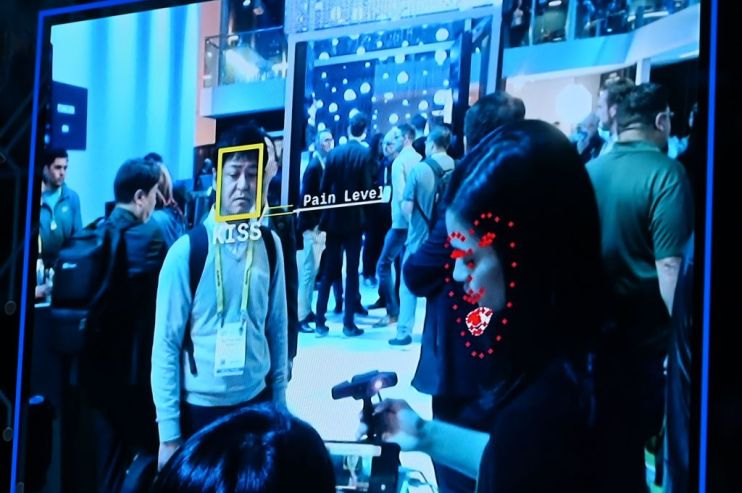DEBATE: Should we be worried about police use of facial recognition technology?

Should we be worried about police use of facial recognition technology?
Silkie Carlo, director of privacy and civil liberties campaign group Big Brother Watch, says YES.
A society where we’re watched, tracked, and identified by facial recognition cameras was once the stuff of dystopian fiction – and for good reason.
In a free society, citizens aren’t subjected to arbitrary identity checks. In a country watched by facial recognition cameras, our identities would be checked all the time – and we wouldn’t even necessarily know about it. We’d become walking ID cards tracked by a shadow surveillance state.
But UK police are now using live facial recognition, despite the lack of any law permitting this. We’re bringing a legal challenge against the Metropolitan Police and home secretary for their lawless use of this dangerously authoritarian surveillance. Over 15 rights groups back our campaign.
In the US, three cities have passed legislative bans on their authorities using facial recognition surveillance. In contrast, China has embraced facial recognition to police its population – and to persecute its minorities.
Britain should be a beacon of liberal democracy – not an imitation police state.
Gus Tomlinson, head of strategy at GBG, a company specialising in identity data intelligence, says NO.
The question of human rights does hold merit; today’s citizens have an increasingly heightened sense of the value of their personal data, including biometrics. Perhaps the real failure here has been communicating the benefits of the technology to the public, with our safety in mind.
But as our digital identity trails fragment and tracking crime becomes more complex, it’s hard to imagine a future where these technologies are not used widely.
The private sector already embraces biometrics verification, and it benefits consumers every single day. From checking a bank balance to ordering a food delivery, services are vastly more flexible, convenient and secure for it.
I believe fundamentally that technology can be used to make our world a safer place to live in.
So surely the constructive question to ask is not “how can we stop facial recognition from happening?”, but rather, “how can we ensure that it is used safely, and in the hands of organisations we trust?”.
Main image credit: Getty